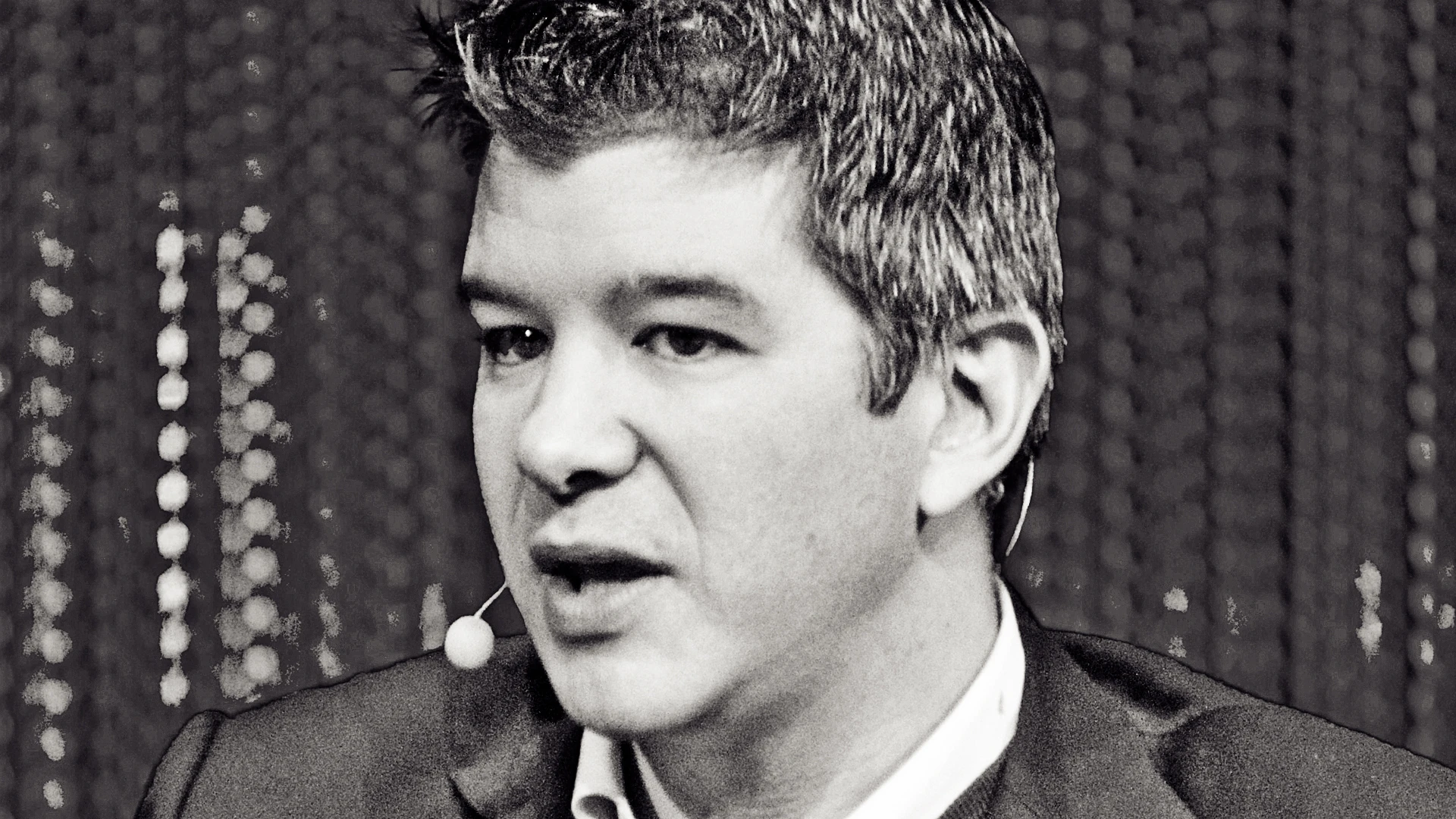On Wall Street, shareholders wield enormous power. In just the last few months activists have shoved Whole Foods into Amazon’s $13.4 billion embrace, kicked Etsy’s CEO out the (handcrafted) door, and sent shivers down the spines of GM’s top leaders.
Silicon Valley founders want no part in those battles. To protect themselves, they have been building legal fortresses in the form of super-voting shares and opting to stay private as long as possible. Last year there were just 16 technology IPOs in the U.S., a historic low. In parallel, founders that do go public are taking unprecedented steps to further deter activists—Snap Inc. cofounder and CEO Evan Spiegel, for example, sold only non-voting shares when his “camera company” made its New York Stock Exchange debut in March.
But as Uber CEO Travis Kalanick learned this week, founder control is something of an illusion when a company needs constant infusions of investor cash in order to survive. Kalanick held on to Uber’s reins in the face of scandal after scandal—sexual harassment, discrimination, obstruction of regulatory enforcement, privacy violations. But when shareholders (with checkbooks and connections) at last found their voice, he had little choice but to step down. Quite simply, he needs their money. Uber has raised $12 billion since its founding, and will need to raise more. Despite enormous growth, it continues to subsidize every ride.

But notably, Kalanick remains on Uber’s board of directors—an indicator that he and his shareholders are making an economic decision, and not a purely ethical one. “You can have the legal power to keep yourself king, but still voluntarily abdicate if that’s what it takes to obtain much-needed capital,” says Jesse Fried, a Harvard Law School professor who specializes in corporate governance. “Who wants to rule over a collapsing kingdom?”
Kalanick’s dramatic exit also points to Mark Zuckerberg’s enduring legacy. The Facebook CEO is credited with ushering in Silicon Valley’s era of founder control, giving the generation of entrepreneurs that followed him greater leverage versus VCs. But make no mistake: Facebook’s profitability, and not its governance structure alone, is what makes Zuckerberg’s position secure.
“This all comes down to bargaining and negotiating power,” Noam Wasserman, author of The Founder’s Dilemma, recently told Marketplace Tech. “The sexier the company, the more demand there is for it, the more the founders will be able to go and dictate those terms.”
Now the task of making Uber “sexy” once again—and maybe even profitable— will fall to a new CEO, while Kalanick waits in the wings.
Recognize your brand’s excellence by applying to this year’s Brands That Matter Awards before the early-rate deadline, May 3.
